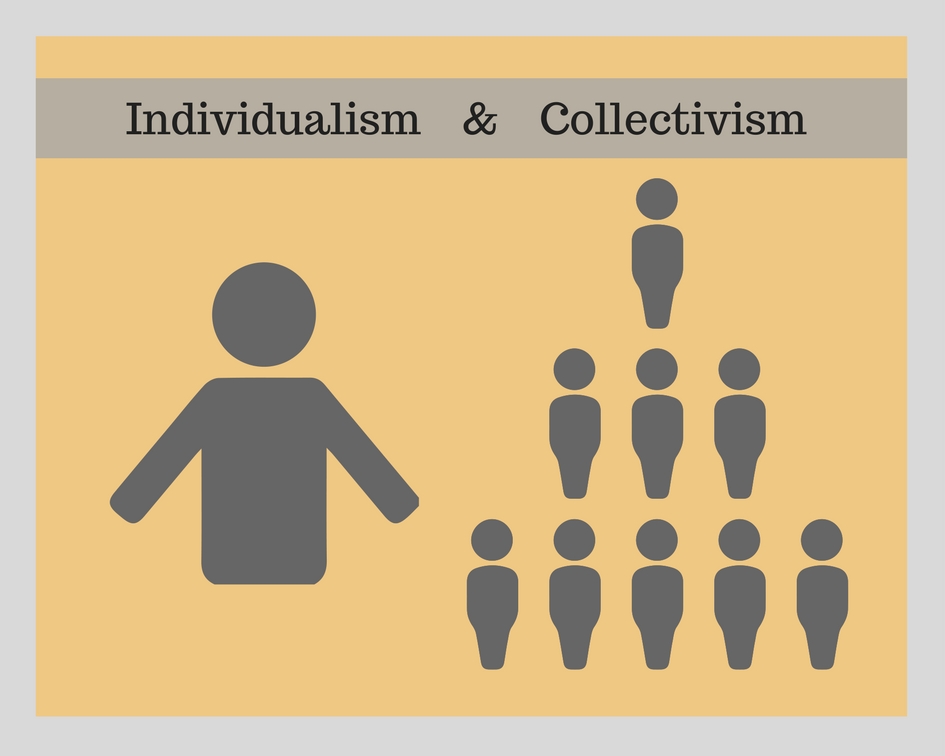As Western expatriates in Southeast Asia, one of the most noticeable differences we encounter is the contrast between collectivist vs. individualist societal values. In the West, we’re used to valuing personal freedom, autonomy, and individual success. But in Southeast Asia, many societies prioritize group harmony, loyalty, and shared goals over individual ambitions.
Adapting to these cultural differences is key to success, both professionally and socially. In this article, we’ll explore how these collectivist vs. individualist societal differences impact expat workers and provide strategies, backed by real-life examples, on how to adapt effectively. By understanding these dynamics, we can ease the adjustment process and thrive in our roles abroad.
What Are Collectivist and Individualist Societies?
1. Defining Collectivism
In collectivist societies, the needs and goals of the group—whether it’s family, community, or the workplace—take precedence over individual desires. This is common in Southeast Asian countries like Indonesia, Thailand, and Vietnam, where maintaining harmony and fulfilling one’s role within the group is vital.
According to Geert Hofstede’s Cultural Dimensions Theory, collectivist cultures focus on interdependence, social responsibility, and group consensus. Social hierarchy and relationships often play a central role in decision-making processes, which contrasts with the Western emphasis on personal autonomy.
2. Defining Individualism
In contrast, individualist societies—prevalent in countries like the U.S., the UK, and Australia—value personal independence, self-reliance, and the pursuit of individual goals. In these cultures, success is often measured by personal achievements, and people are encouraged to make decisions based on their own needs and aspirations.
When Western expats move to collectivist cultures, they may initially struggle with the emphasis on group goals over individual preferences, leading to a range of adjustment challenges.

How Expat Workers Adapt to Collectivist vs. Individualist Differences
1. Balancing Individual Ambition with Group Expectations
One of the biggest adjustments for Western expats is learning to balance their personal ambition with the collective needs of the group. In collectivist societies, decision-making often requires group consensus, and prioritizing group harmony is critical—even if it means sacrificing efficiency.
Example: In a multinational company operating in Thailand, a Western manager might be used to making quick decisions to meet tight deadlines. However, their Thai colleagues might prefer to involve multiple stakeholders in the decision-making process, leading to slower but more collective outcomes. The expat may initially feel frustrated by the pace but will need to adapt by focusing on the long-term benefits of group alignment.
Tip: When working in collectivist environments, shift your focus from immediate results to long-term group success. Be patient with group decisions and offer solutions that align with the team’s objectives rather than pushing for quick individual wins.
2. Adapting to Indirect Communication Styles
In collectivist cultures, communication is often indirect, especially when addressing conflicts or delivering feedback. For Western expats accustomed to direct communication, this can be a significant adjustment. Misunderstandings can easily arise if the nuances of indirect communication are missed.
Example: During a performance review in Vietnam, a Western expat might expect clear feedback about their work. Instead, they might receive subtle suggestions for improvement that are delivered in a non-confrontational manner to avoid embarrassment. Without recognizing the indirect approach, the expat could misinterpret this as positive feedback or find it confusing.
Tip: Pay close attention to non-verbal cues and implicit suggestions. In meetings or feedback sessions, avoid asking for direct criticism; instead, frame your questions to encourage gentle guidance. This will help you pick up on important information without putting colleagues in uncomfortable positions.
3. Building Long-Term Relationships and Trust
In collectivist societies, relationships are built on trust and loyalty, often over long periods of time. For Western expats, who may be accustomed to forming professional relationships quickly based on shared goals or interests, this slower approach can be challenging.
Example: In Indonesia, an expat worker may find it difficult to form immediate business partnerships. While they might be eager to establish connections and move projects forward, local colleagues may take time to assess trustworthiness before fully engaging in business activities. This can be frustrating for expats looking to make quick progress.
Tip: Demonstrate your commitment to the group by participating in social events and showing an interest in your colleagues’ personal lives. Building relationships in collectivist cultures requires time and patience, but the effort pays off in the long run with stronger, more resilient connections.
4. Adjusting to Closer Social Boundaries
Personal space and privacy, highly valued in individualist cultures, are less emphasized in collectivist societies. Expat workers may find themselves in environments where colleagues or even neighbors take a greater interest in their personal affairs, which can feel intrusive at first.
Example: In the Philippines, an expat may be invited to many social gatherings or asked about their personal life in ways that would be considered too intimate in the West. This might feel overwhelming at first, but it is often a sign of hospitality and inclusion.
Tip: Embrace the closeness as a cultural sign of trust. While it’s important to maintain boundaries that make you comfortable, be flexible and open to socializing with colleagues outside of work. This can lead to deeper, more meaningful relationships and help you integrate better into the local culture.
Common Challenges for Men and Women in Adapting
Both men and women face specific challenges when adapting to collectivist vs. individualist differences.
-
Men might struggle with the indirect communication and slower decision-making process, particularly if they come from leadership roles in individualist cultures where assertiveness and efficiency are valued.
Example: A male expat manager from the U.S. may find it difficult to adjust to the consensus-driven approach in a collectivist workplace in Thailand. He might interpret the lack of immediate feedback as indecision, when in reality, the group is working to achieve collective agreement.
-
Women may encounter challenges with traditional gender roles in some Southeast Asian societies, where expectations around gender may be more defined than in egalitarian Western cultures.
Example: A female expat working in Vietnam might find it challenging to navigate a more hierarchical gender dynamic, particularly if she’s used to leadership roles in an equal-opportunity work environment. She may need to adapt by finding ways to assert her authority while respecting local cultural norms.
For both men and women, understanding these cultural differences and adapting their behavior is crucial for success in collectivist societies.
How Coaching, Counseling, and Therapy Can Support Adaptation
Adjusting to the societal differences between collectivist and individualist cultures can be emotionally and mentally challenging. Coaching, counseling, and therapy can provide vital support for expatriates struggling with this transition.
- Coaching offers practical strategies for navigating the workplace, helping expatriates balance their personal goals with the expectations of a collectivist society. Coaches can help expats develop effective communication and decision-making strategies that align with cultural norms.
- Counseling provides emotional support, particularly for expats dealing with stress, isolation, or frustration due to cultural misunderstandings. Counseling can also help expats process feelings of culture shock.
- Therapy delves deeper into the psychological impact of living in a different culture, offering tools to build resilience and manage mental health challenges during the adjustment period.
As cultural psychologist Dr. Erin Meyer explains in The Culture Map, “Cultural adaptation requires more than understanding differences—it requires modifying behaviors to work effectively across those cultural divides.” Coaching and therapy provide the resources expats need to make these adjustments successfully.
For Your Reflection
Are you finding it difficult to adapt to collectivist vs. individualist societal differences in Southeast Asia?Subscribe to our newsletter for more tips on cross-cultural adaptation or join our upcoming webinar on navigating cultural differences in the workplace. For personalized support, book a one-on-one session with our expert coaches or therapists to gain practical insights and strategies.
References
Hofstede, G. 2020. Cultural Dimensions Theory: Understanding Collectivism and Individualism. London: Sage Publications.
Journal of Cross-Cultural Psychology. 2021. Understanding Communication Styles in Collectivist vs. Individualist Societies. New York: Routledge.
Meyer, E. 2016. The Culture Map: Breaking Through the Invisible Boundaries of Global Business. New York: PublicAffairs.




